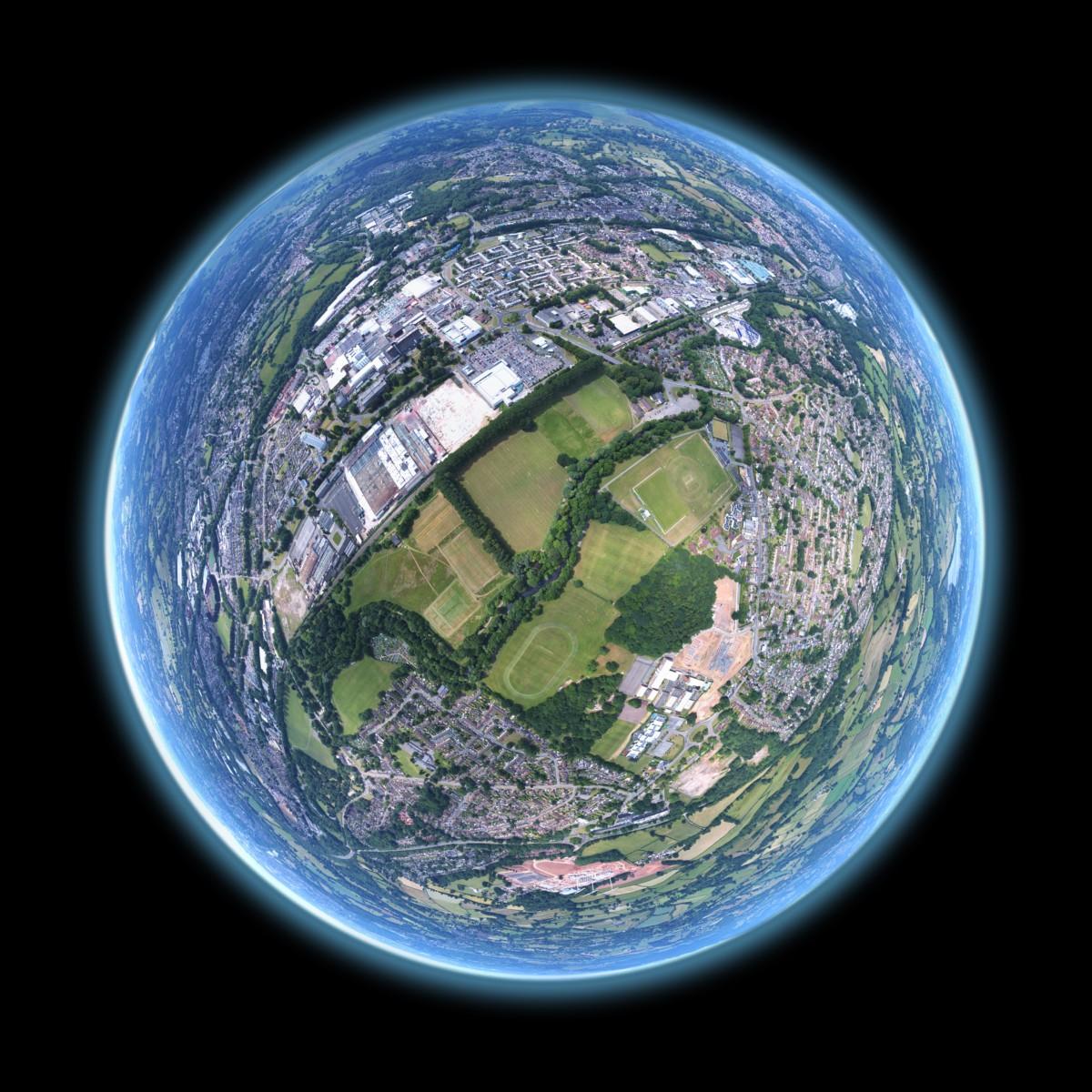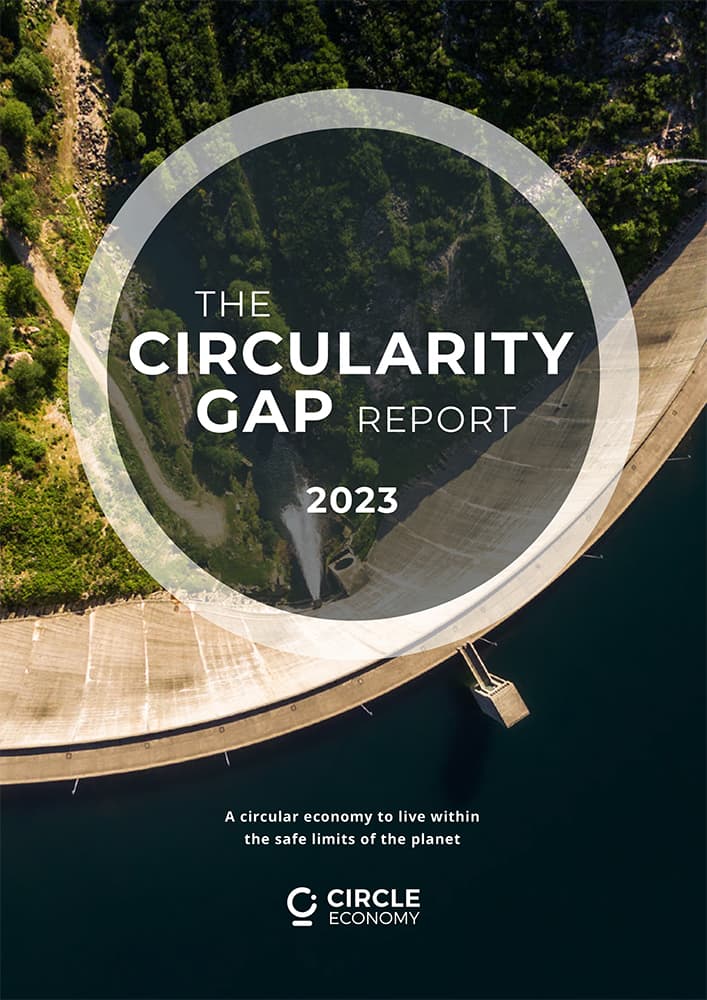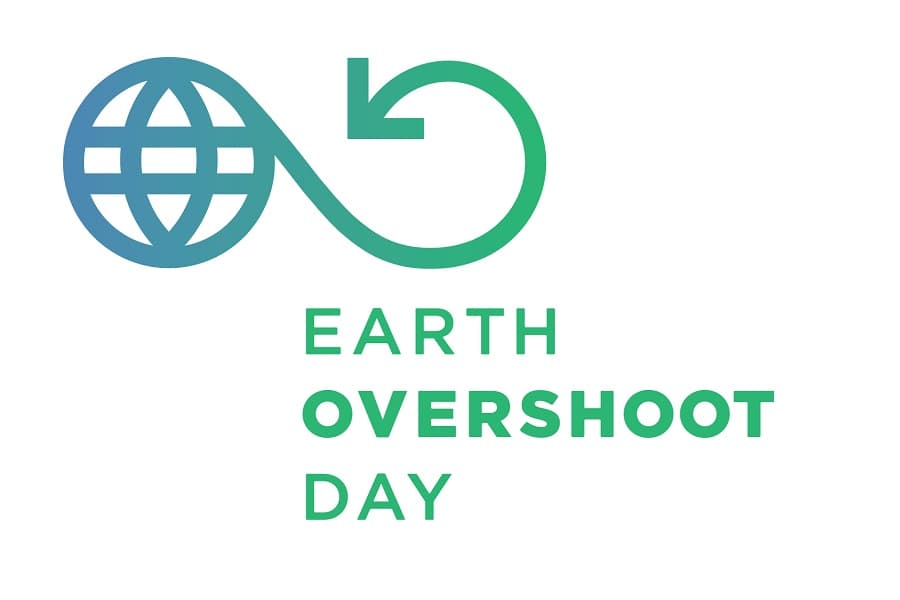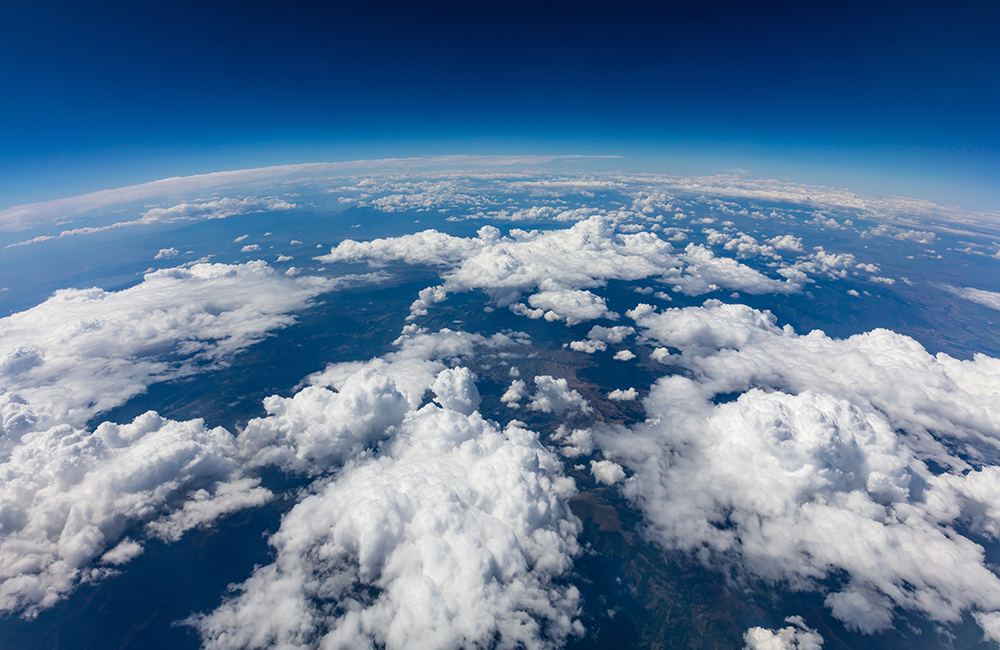Dutch Overshoot Day falls on the 12th of April, which is very early in the year. While many other countries have an overshoot day later in the year, Jamaica takes the crown with the latest date of the year. Does this automatically mean that they are doing better or is there something more going on? We asked Jan Raes, Climate and Circular Economy Finance Expert at ABN AMRO, to answer these questions about Dutch Overshoot Day.
Klik hier voor de Nederlandse versie van dit artikel
How is Dutch Overshoot Day calculated and what does it mean?
Dutch Overshoot Day is the day of the year on which the economy and people of the Netherlands have theoretically used up their “fair share” of natural resources for the year. In reality this day is just another day in the year, but it carries special significance for those who are worried about the amount and quality of resources available to future generations.
More than anything the day illustrates the inequality in resource consumption patterns and amounts of resources across the planet. Every year the Overshoot Day is calculated by dividing the amount of renewable resources that the Earth can provide in a year by the amount of resources humanity consumes in a year and multiplying that percentage by 365.
The country overshoot days carry a more specific message: If we look at Dutch Overshoot Day, then you can read that as the date on which Earth Overshoot Day would fall if all of the billions of people on the planet consumed the same as the millions of people in the Netherlands. In 2023 the Dutch Overshoot Day falls on April 12 2023!
What causes this early Dutch Overshoot Day and how to push the date back?
This early Dutch Overshoot Day is caused by high consumption of energy and materials, concentrated on a relatively small land area with a rather high population density. The Netherlands still heavily relies on fossil fuels for its energy needs. The large agricultural sector uses significant amounts of water, land and fossil fuel-based chemical fertilisers.
Furthermore, there is the high percentage of urbanised land for residential and commercial purposes without much wilderness or unused lands to lower the ecological footprint. To push the date back towards the end of the year, the Dutch can only reduce their energy and material consumption by transitioning to renewable energy sources and by moving from linear to circular consumption patterns.
The outcome will be a balance, because while replacing fossil fuels by renewables moves the date back later in the year, the resulting increase in metal demands for batteries and electrification infrastructure and e-vehicles will move the date forward earlier in the year. More on the biotic side, regenerative agricultural practices can only be achieved by government policies and initiatives both at the national and local level.

Source: Earth Overshoot Day
Why don’t the Dutch start living like the Jamaicans?
Dutch Overshoot Day falls on April 12 2023 and Jamaica’s overshoot day falls on December 20 2023. Why is there such a huge difference and why can’t the Dutch just adopt more Jamaican lifestyles?
Well, it’s all a matter of GDP and economic activity. As of 2020, Jamaica’s GDP (Gross Domestic Product) was approximately US$ 15 billion, while the Netherlands had a 2020 GDP of approximately US$ 900 billion. Jamaica has a surface area of around 11,000 square kilometers and a population of approximately 3 million people while the Netherlands has a surface area of around 40,000 square kilometers and a population of approximately 18 million people.
So the higher population density of the Netherlands explains part of the overshoot story. But if anything the Netherlands has become more populated recently and that means that urbanisation continues. So depopulating Holland does not seem like a recipe for success in the near term.
A key differentiator is the GDP per capita for both countries which reflects the amount of services and goods that stream through the Netherlands and Jamaica. Netherlands has 10 times higher per capita GDP than Jamaica. That is the statistical complexity that the country Overshoot Day holds: the date is positively biased towards countries with lower per capita economic activity, as less activity evidently pushes back the date towards the end of the year. So if the Dutch would really want to live like Jamaicans they would have to shrink their economy tenfold, which is very unlikely to happen.
The more realistic recipe for succes that remains for the Netherlands is to push the date back by moving economic activity from a linear to a circular business model. The Global Circularity Gap report 2023 tells us that the global economy is now only 7.2% circular, a further decline from 9.1% in 2018 and 8.6% in 2020. The global situation has been getting worse, driven by rising material extraction and usage.
Compared to global levels of circularity, the Netherlands remains a global frontrunner and was 24.5% circular in 2020, while the country remains committed to increasing these percentages to an economy that is 50% circular by 2030 and 100% circular by 2050.
I doubt whether the Earth Overshoot date can be entirely pushed back to December for the Netherlands, due to the gigantic size of the economy in comparison to the small land area and the limited size of the population of the Netherlands. So it would make more sense to track the indicator for the economic space of the EU-27, as it would better inform us about progress towards a circular economy and the success of the EU Green Deal.
Country by country comparisons are flawed, because Jamaica is not the Netherlands and the Netherlands is not Jamaica. In the end neither country wants to be the other country, since both have their virtues. For a true solution we need to focus on reinventing our value chains with a circular economy lens.
Podcast – Circl College Tour#6: Special edition
In this Circl College Tour podcast from 2019 about Earth Overshoot Day, we talk about this phenomenon. What happens in the future if we do not actively try to push the date further towards the end of the year? We talk about the necessity of transitioning to a circular economy, and things we can do to achieve this needed circular economy.
Listen to the podcast (in Dutch):
How many Earths do you need?
Do you want to know how many Earths it takes to maintain your lifestyle? Take these tests:
- What is your Ecological Footprint? – Footprint calculator
- Ecological Footprint – WWF (NL)
Lees meer

Read more:
Everything you need to know about Earth Overshoot Day

Visit the page of CIRCL College Tour for more information:
CIRCL College Tour #6 Special: Earth Overshoot Day

Read here:
The Circularity Gap Report 2023

Visit the site:
Earth Overshoot Day

 Account
Account










